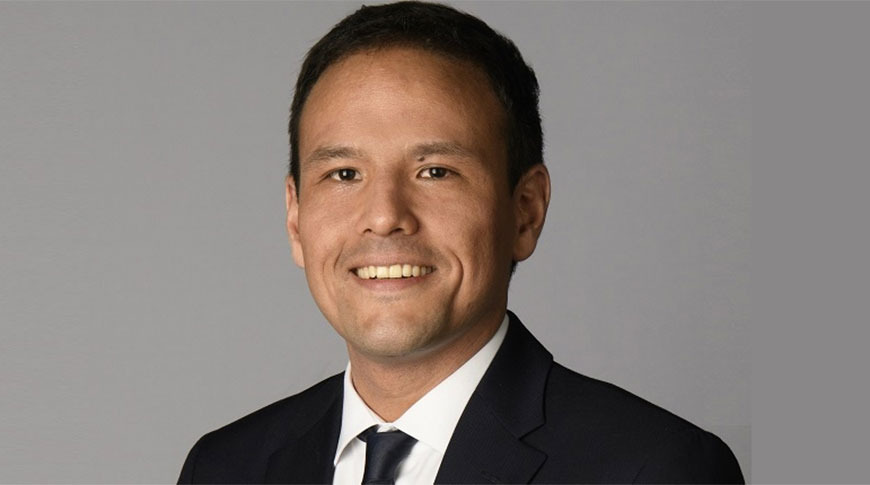France asks Apple to disable iOS security feature for national contact tracing app
Last updated
France is working to release a contact tracing app to monitor the spread of COVID-19, but Apple's built-in iOS security features currently prevent the software from functioning.
As the world scrambles to stamp out the COVID-19 threat, many countries are turning to digital solutions in efforts to track and mitigate fallout from the virus. France, one of the hardest hit both in terms of cases and deaths, is developing a contact tracing app to follow the spread of the disease, but Apple's strict privacy safeguards limit the software's utility on iOS devices.
On iOS, apps that transfer data over Bluetooth are prevented from running in the background. The limitation, designed to protect user data, severely impacts the operating capabilities of contact tracing apps, which typically need to run continuously in order to be effective.
With an aim to release its coronavirus tracking software by May 11, France has asked Apple to make an exception and "lift" the security protocol, reports Bloomberg.
"We're asking Apple to lift the technical hurdle to allow us to develop a sovereign European health solution that will be tied our health system," French Digital Minister Cedric O told the publication.
So far, however, ministers in talks with Apple have yet to see progress on the matter.
When reached for comment, Apple pointed Bloomberg to a previous statement regarding its own contact tracing system that is being developed in partnership with Google.
Announced earlier this month, the Apple-Google program is a cross-platform solution that automates the contact tracing process using short-range Bluetooth signals, secure local databases, anonymized device identifiers and other modern mobile technology. Like other methods in play, Apple and Google's contact tracing initiative seeks to track the spread of a disease by maintaining a history of who an infected person has come into contact with over set a period of time.
"All of us at Apple and Google believe there has never been a more important moment to work together to solve one of the world's most pressing problems," the companies said in a joint statement. "Through close cooperation and collaboration with developers, governments and public health providers, we hope to harness the power of technology to help countries around the world slow the spread of COVID-19 and accelerate the return of everyday life."
Apple and Google further detailed the privacy aspects of the contact tracing project last week.
Using anonymized Bluetooth identifiers, which are stored locally, the contact tracing API tracks who a user came into close contact with on what is effectively a rolling 14-day basis. If a participant of the opt-in system later tests positive for the virus, they can elect to upload a list of recent contacts to a central server. User phones periodically download positive broadcast beacons and match data against the locally stored identifiers. If a match is found, an alert is displayed with links to critical healthcare information.
Apple and Google hope to issue a developer API in a "first stage," followed by operating system integration at a future date. The initial API will only be made available to public health organizations, presumably including those in France.
France's Parliament is scheduled to discuss its in-house contact tracing app's future on April 28.
 Mikey Campbell
Mikey Campbell














 Amber Neely
Amber Neely
 Thomas Sibilly
Thomas Sibilly
 AppleInsider Staff
AppleInsider Staff
 William Gallagher
William Gallagher
 Malcolm Owen
Malcolm Owen
 Christine McKee
Christine McKee










67 Comments
Give the French the backdoor and it’s all over. Contact tracing is just the camel’s nose under the tent.
I hope Tim Cook give France a gigantic middle-finger.
Absolutely not. Apple should swiftly decline and tell the French to bugger off. These are the same people that were imposing ridiculous made up baloney fines on Apple left and right just a short time ago.
Too many people and govts are starting to take advantage of the virus situation and many have began to show their true inner fascist colors. Give them an inch and they will take a mile next time.
Principles and freedom and privacy and security are more important than anything, including some crappy virus.
Apple should neither lift nor prevent this.
whether an app has or hasn’t continuous access to BT should be a matter a user decides the same way user decide over location settings, access to microphone an camera, etc.
Apple is too restrictive, not towards app programmers, but in terms of giving users ultimate say over access to their data.
Apple and Google will likely have to come up with a solution.
It's not as though we don't voluntarily give up anonymity as it is. The process must allow voluntary negotiations between people to share identities.